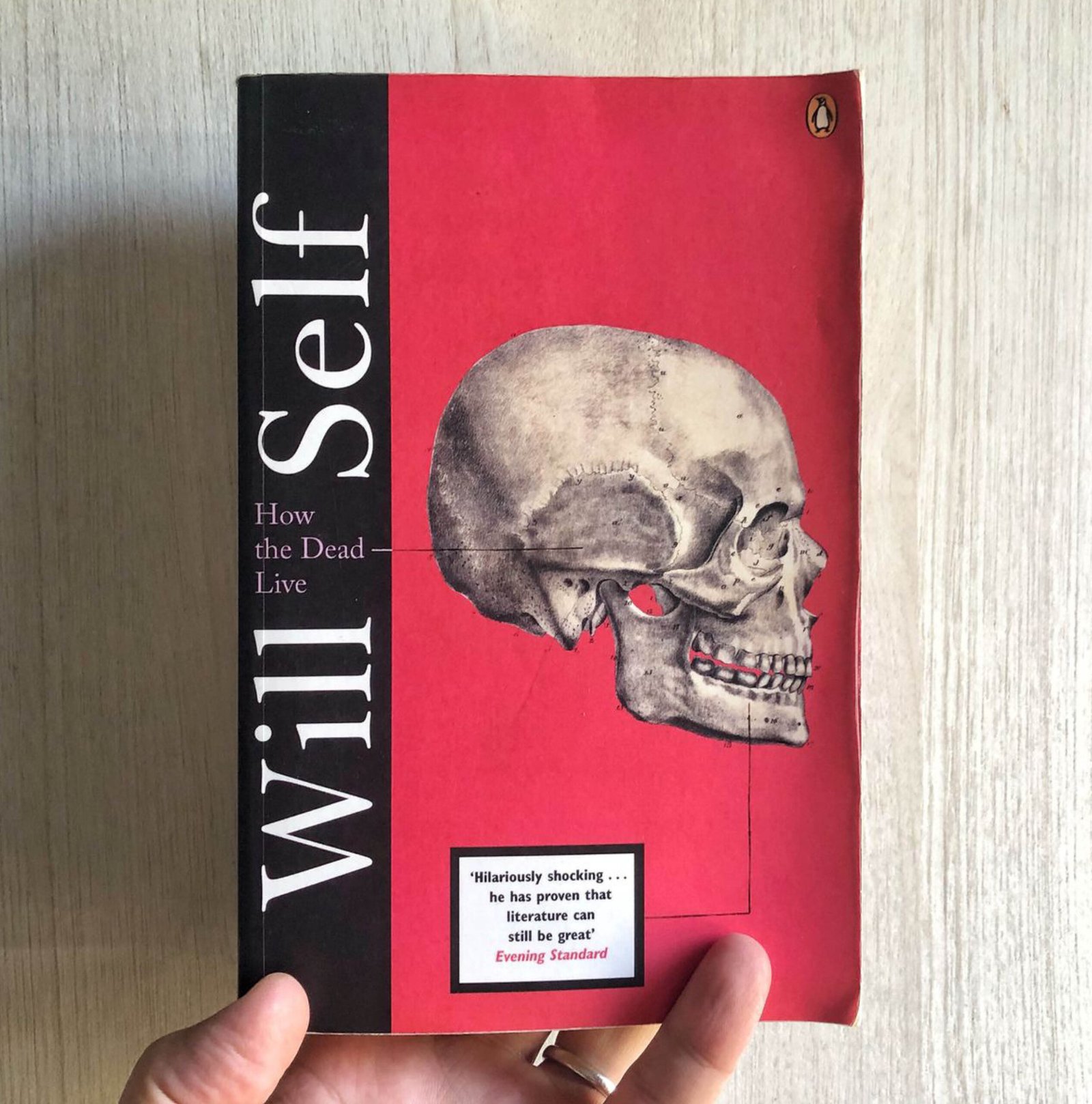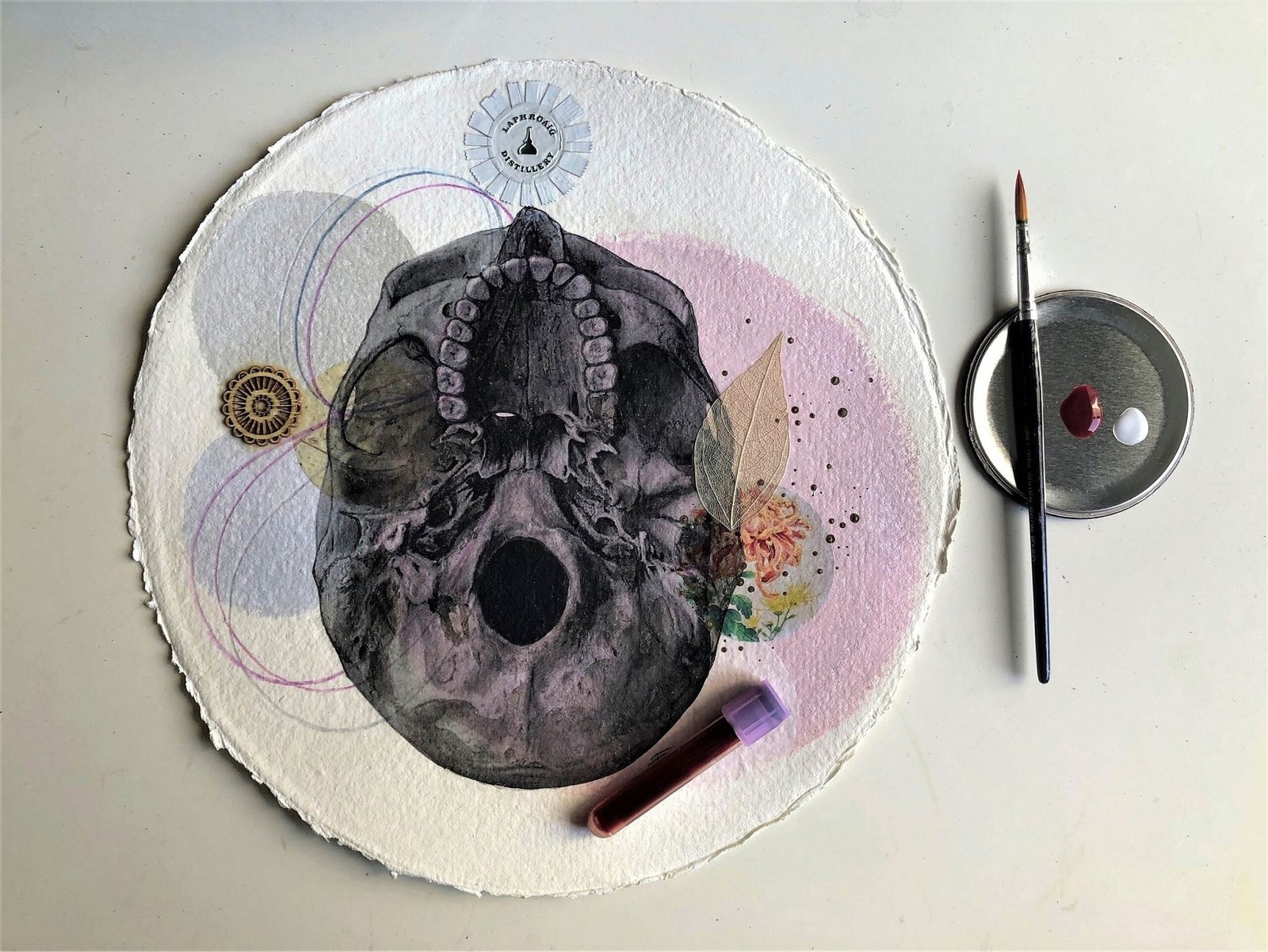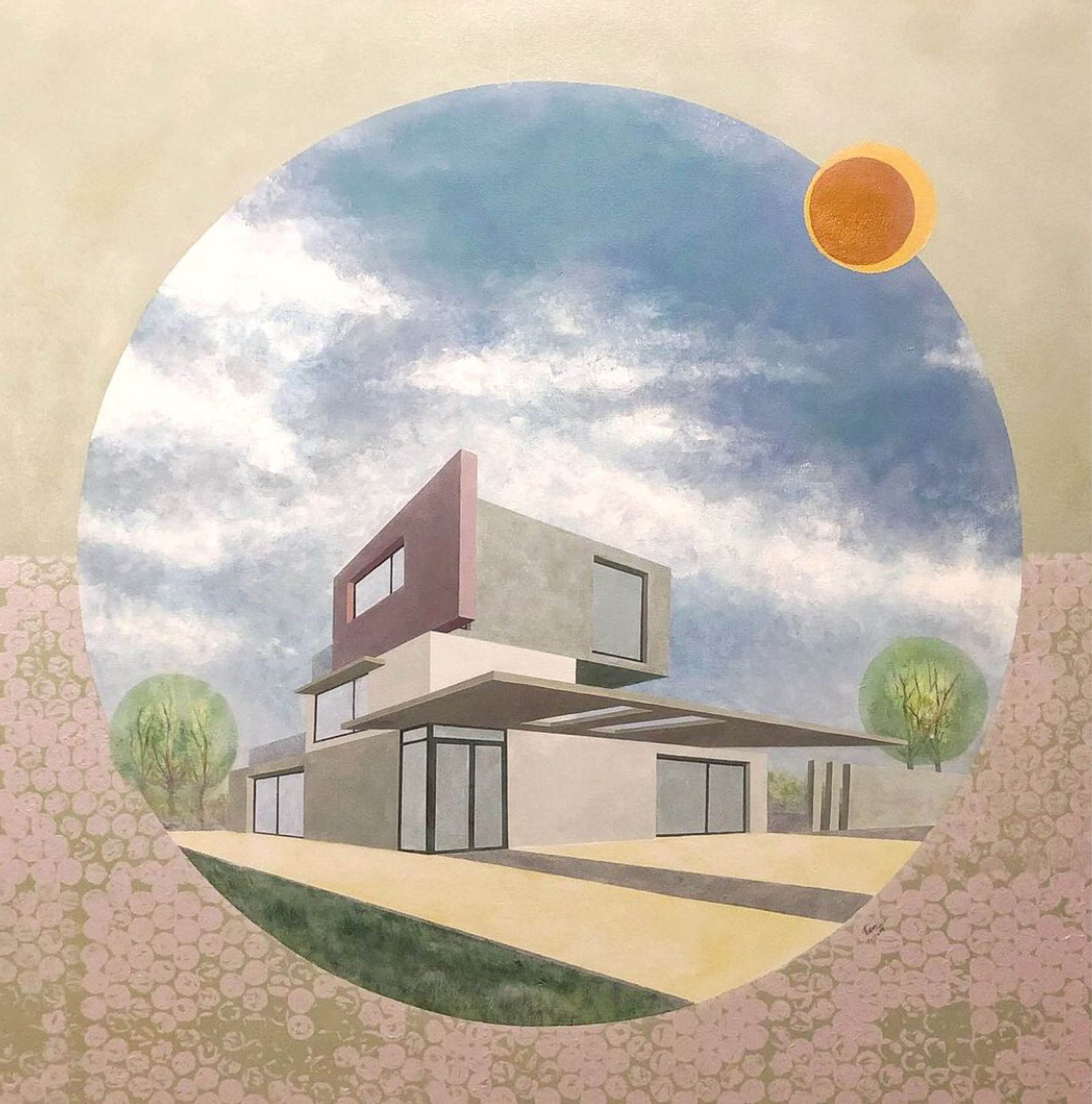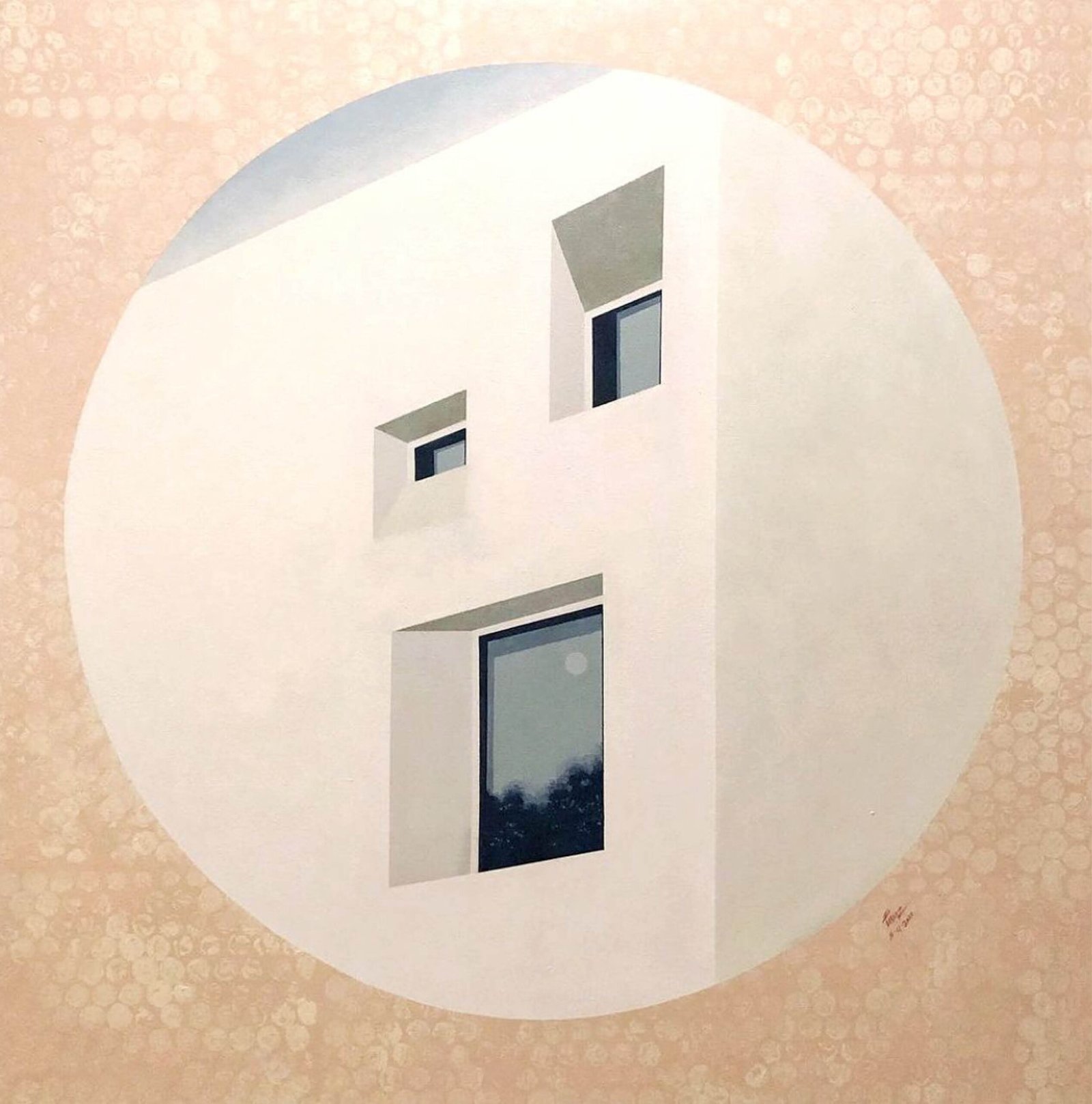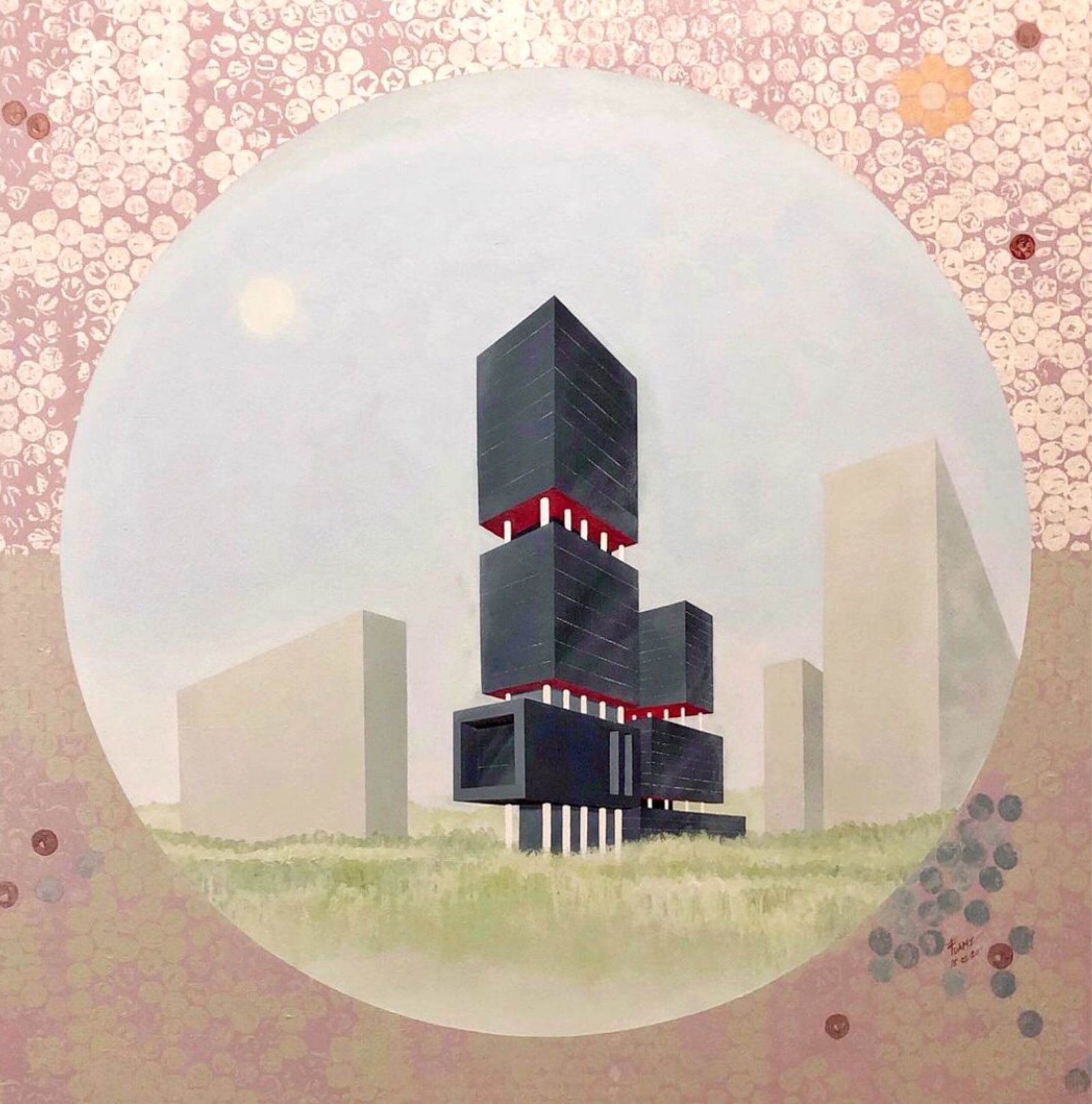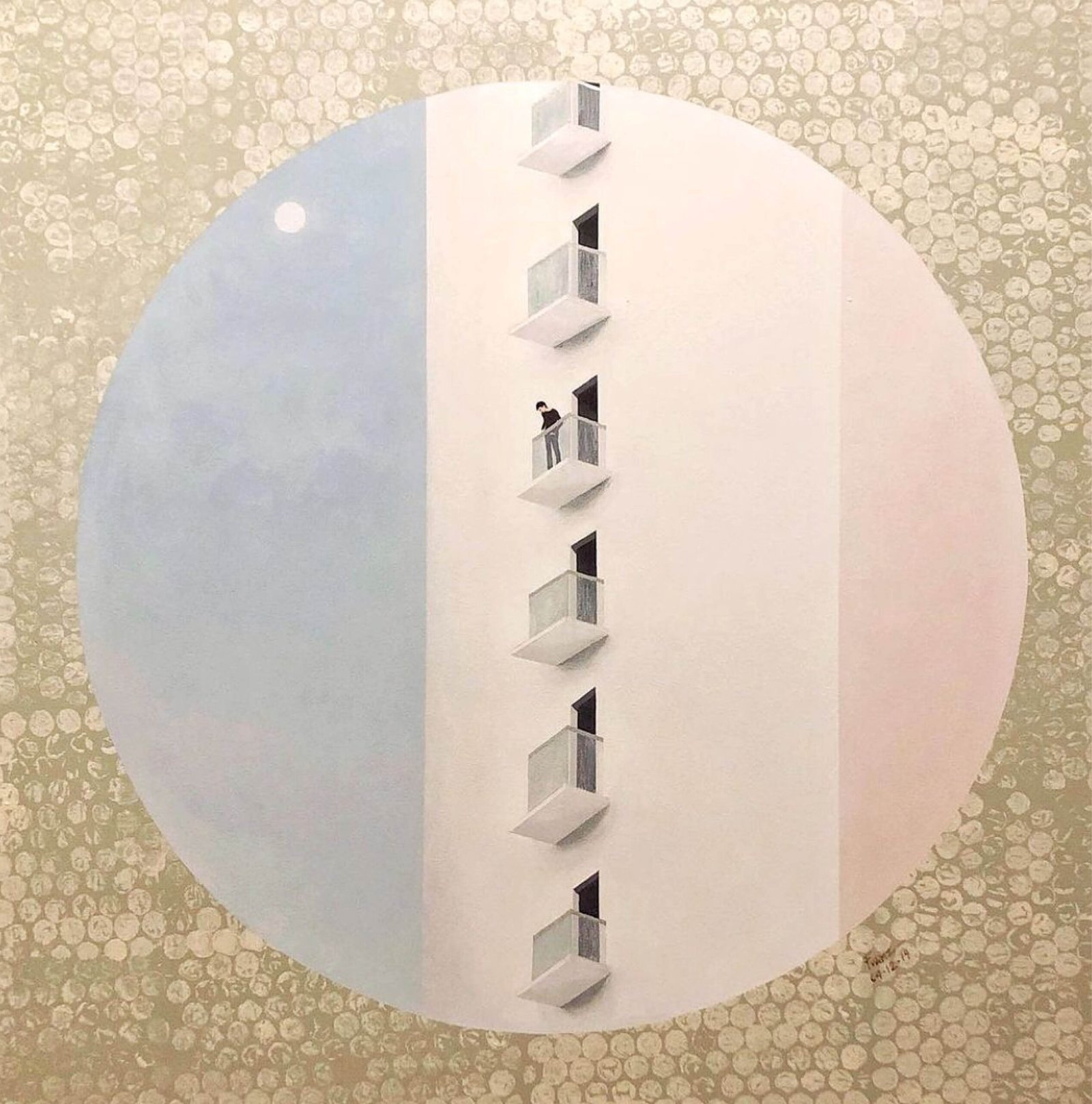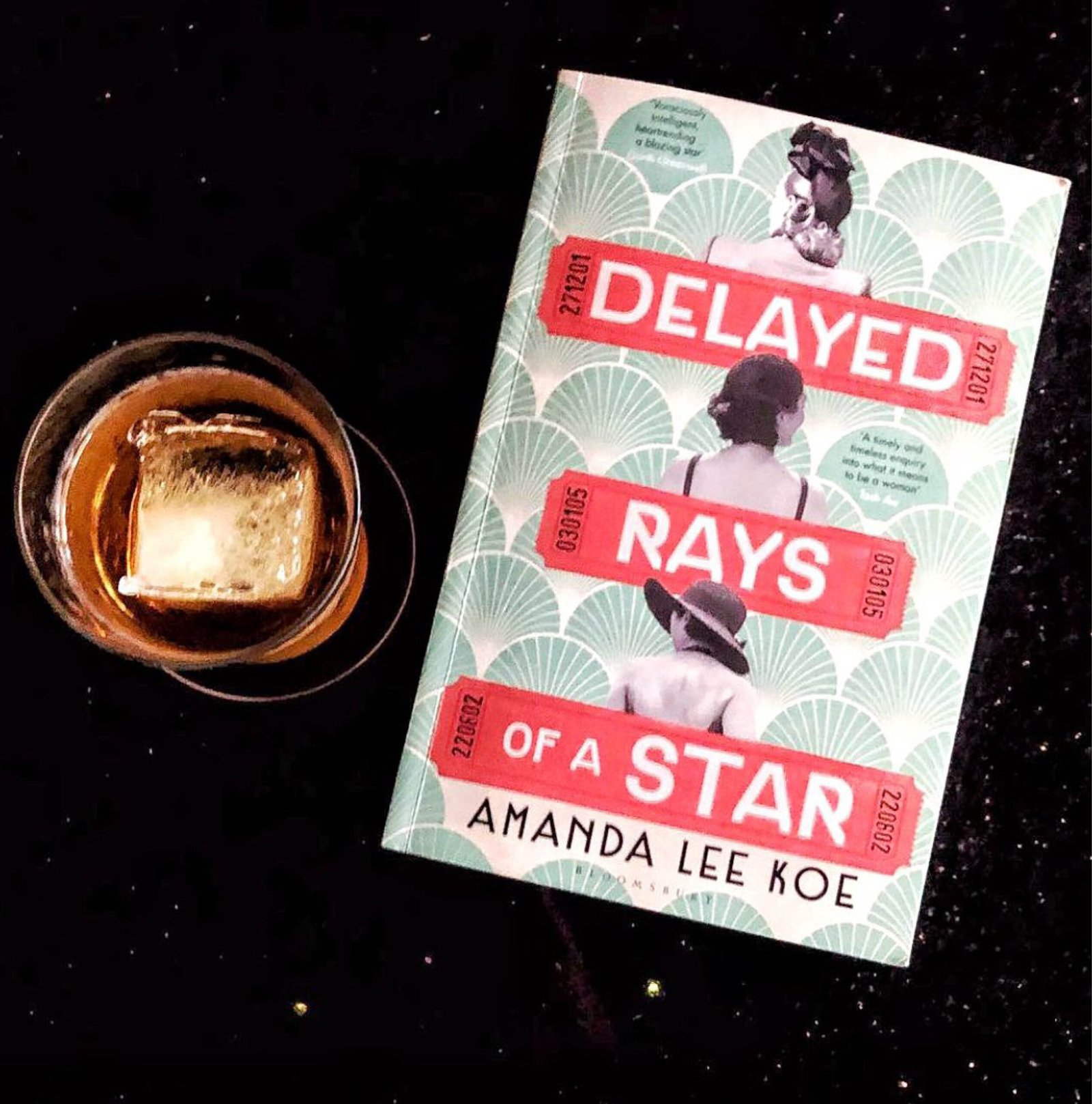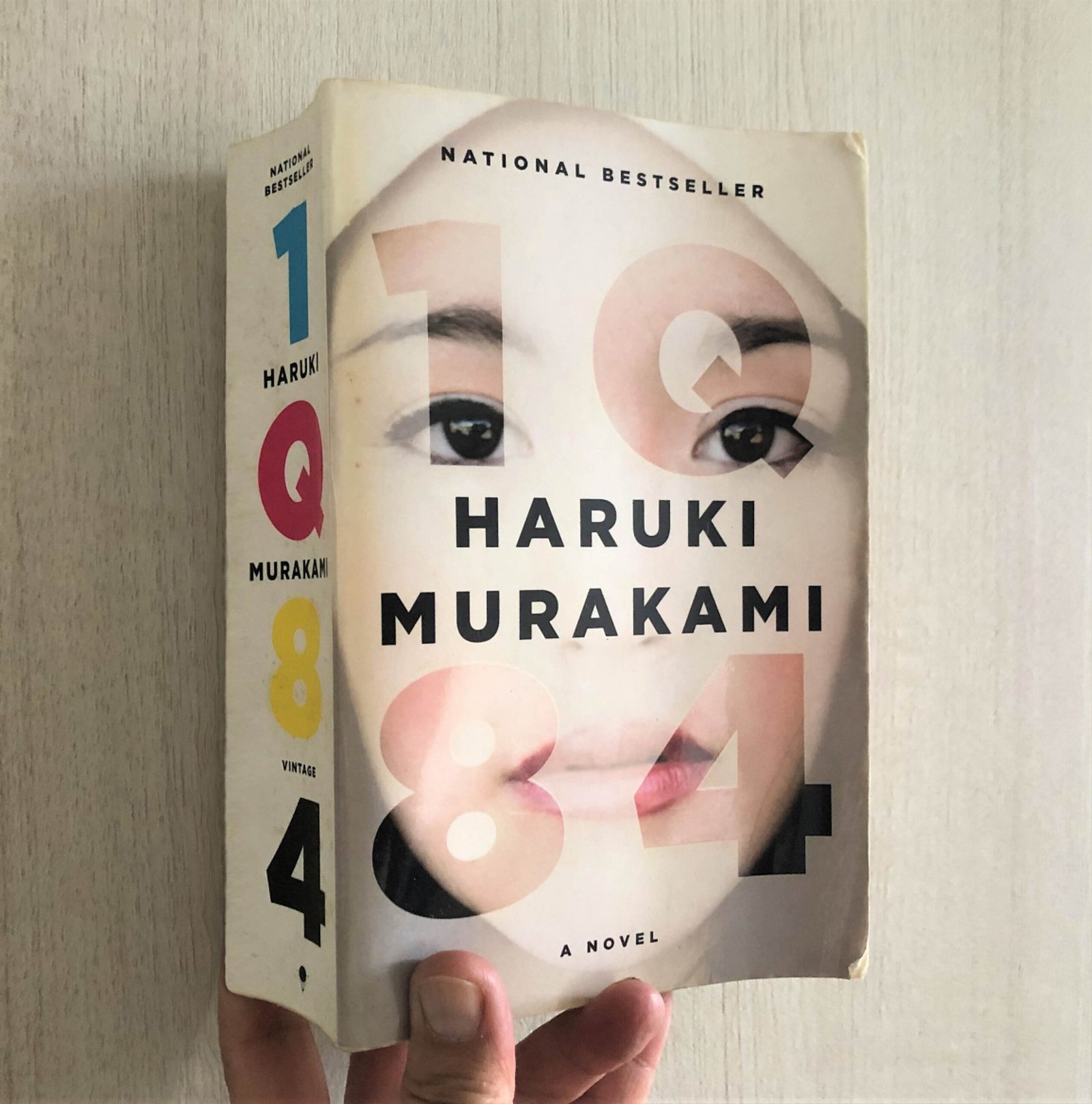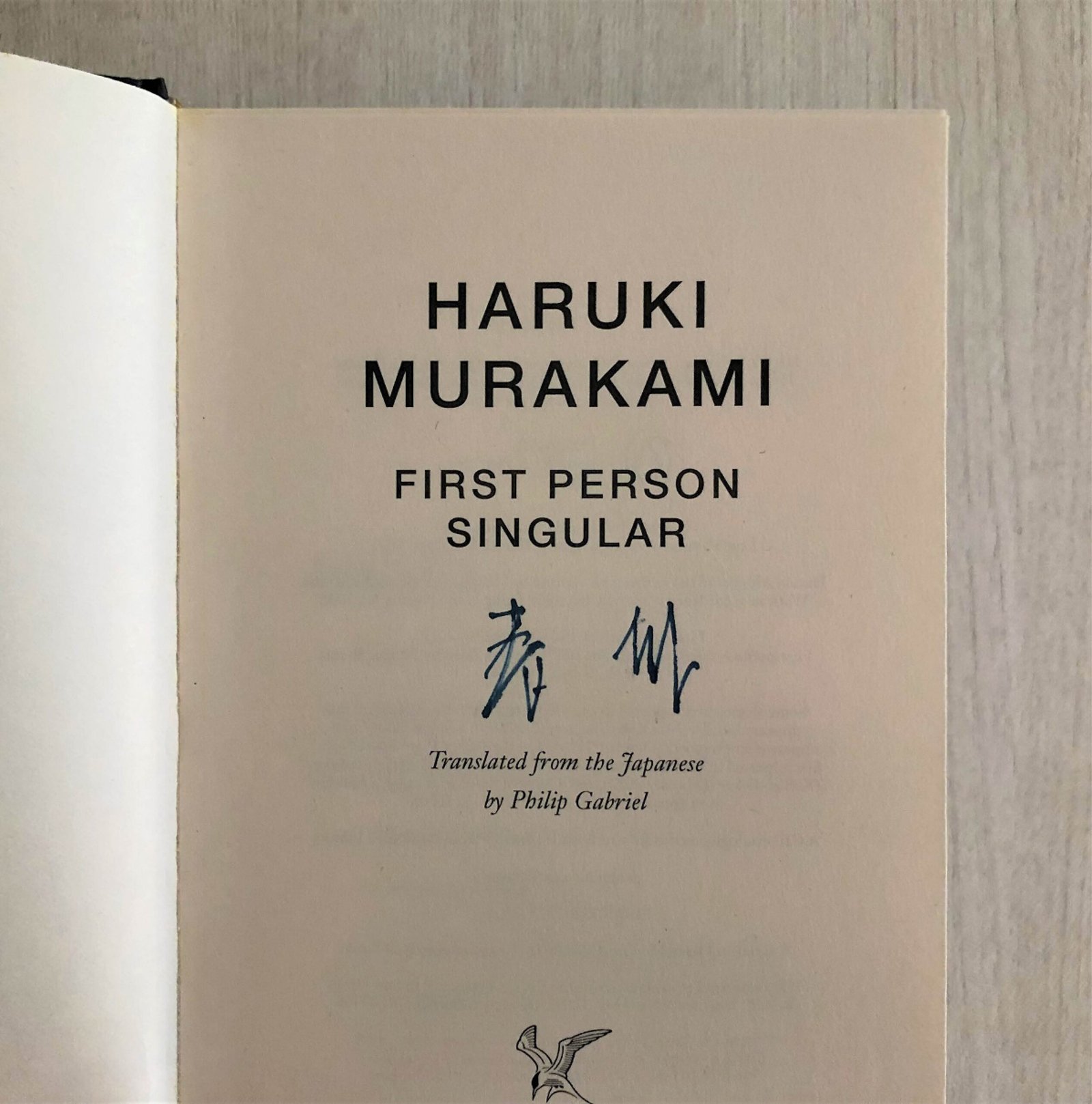Interview Patrick Kasingsing
Images and Art Michael Cu Fua
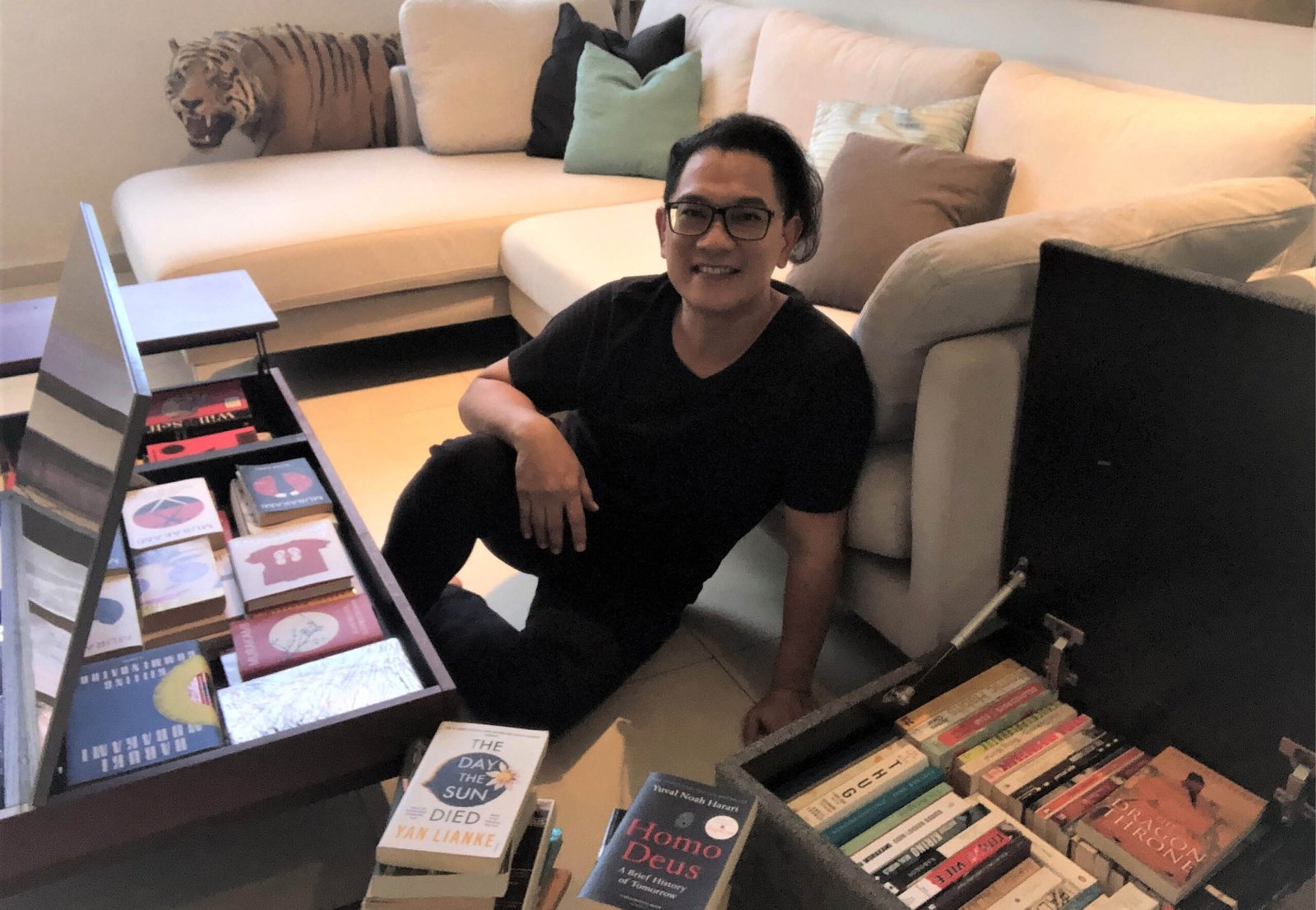

Good day, Michael! What’s today’s breakfast read?
Hello! I am currently reading More Than I Love My Life by David Grossman. The novel is about suffering, love, and healing.
You are a multi-hyphenate, working in the realm of architecture and the arts. What inspires and excites you in these fields? Do you favor one over the other? How do you foster growth and development in all the fields you are involved in?
Art and architecture have a profound relationship that unifies them through their design, their designer, and their meanings. Both are created using the same organizing doctrines, the same visual components, and the same employment of the senses.
I purposefully set aside time and mentally compose myself. I spend the same amount of energy doing art as I do architectural work. I can not see myself choosing one over another; it’s like choosing which finger in your hand can be cut off if threatened to choose.
I started a series called “Self-portrait” before the pandemic (below), kind of asking myself the same question you just did. It’s a series of 1220 x 1220mm portraits, six pieces in total, which depict my architectural design presented on canvas. I’ve only completed four out of six so far, and they’re still in my Makati studio right now. I wish I could go back there soon and complete them.
You are an accomplished artist with several exhibits to your name! what was one show you’ve done that has made a mark on you? What made it memorable?
It was my 12th solo exhibit in Tokyo called “Imaginary Friends” at Haus Gallery (10 minutes from Tokyo Skytree, but unfortunately closed now). It was memorable because it was in mid-June, my wife was with me to help set up and gallery-sit, and a lot of my Instagram and Facebook friends in Tokyo came for the opening! It was a heartfelt experience to meet them in person and share meals during our stay. But the most unforgettable experience was when the Tokyo police went to the gallery because they received complaints about my artwork and were forced to investigate. I was given two options: First, I cover the private parts of all the paintings, and second, to cover the glass facade of the gallery with paper so only people who went inside the gallery can see the artworks. I chose the second option.
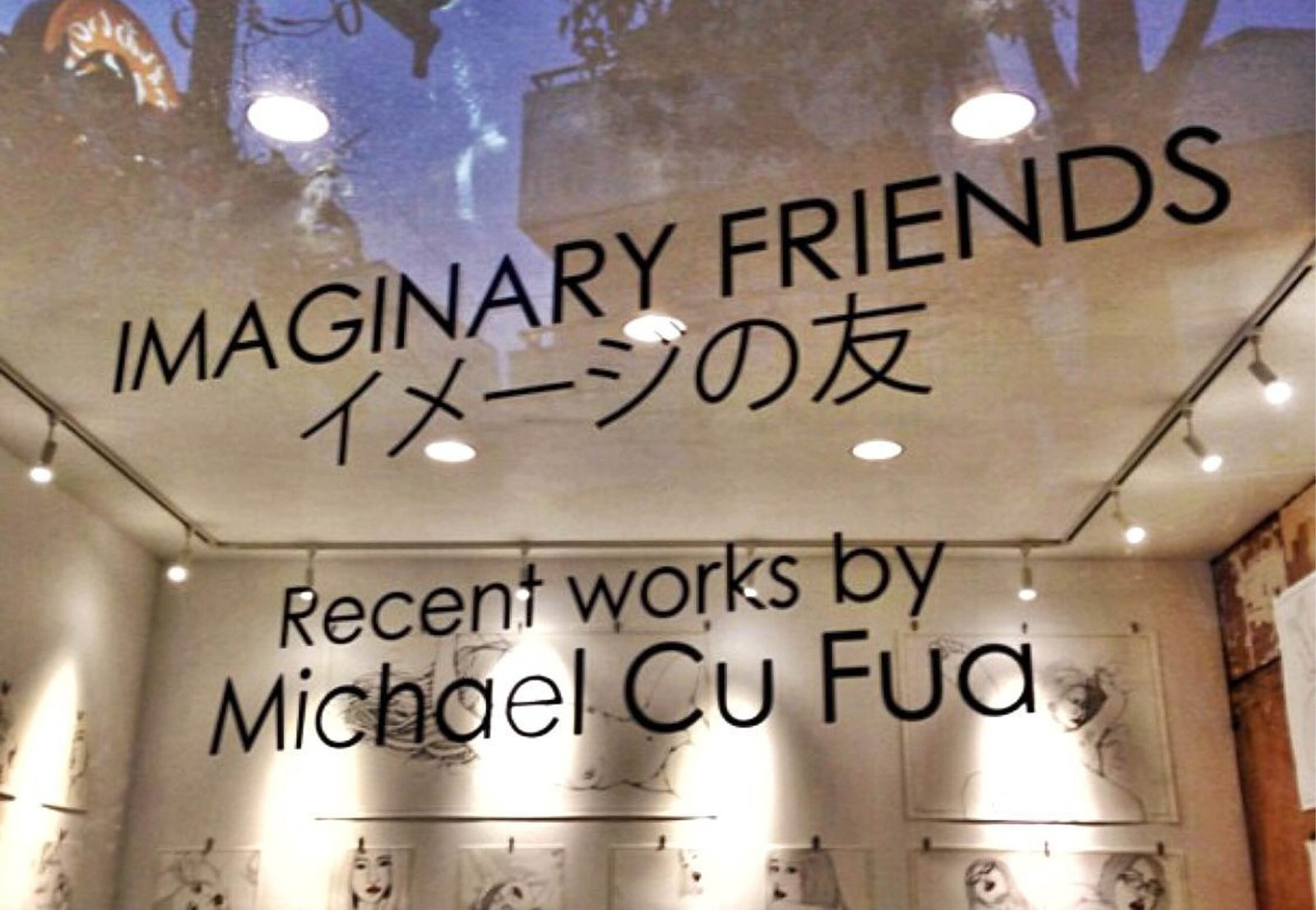
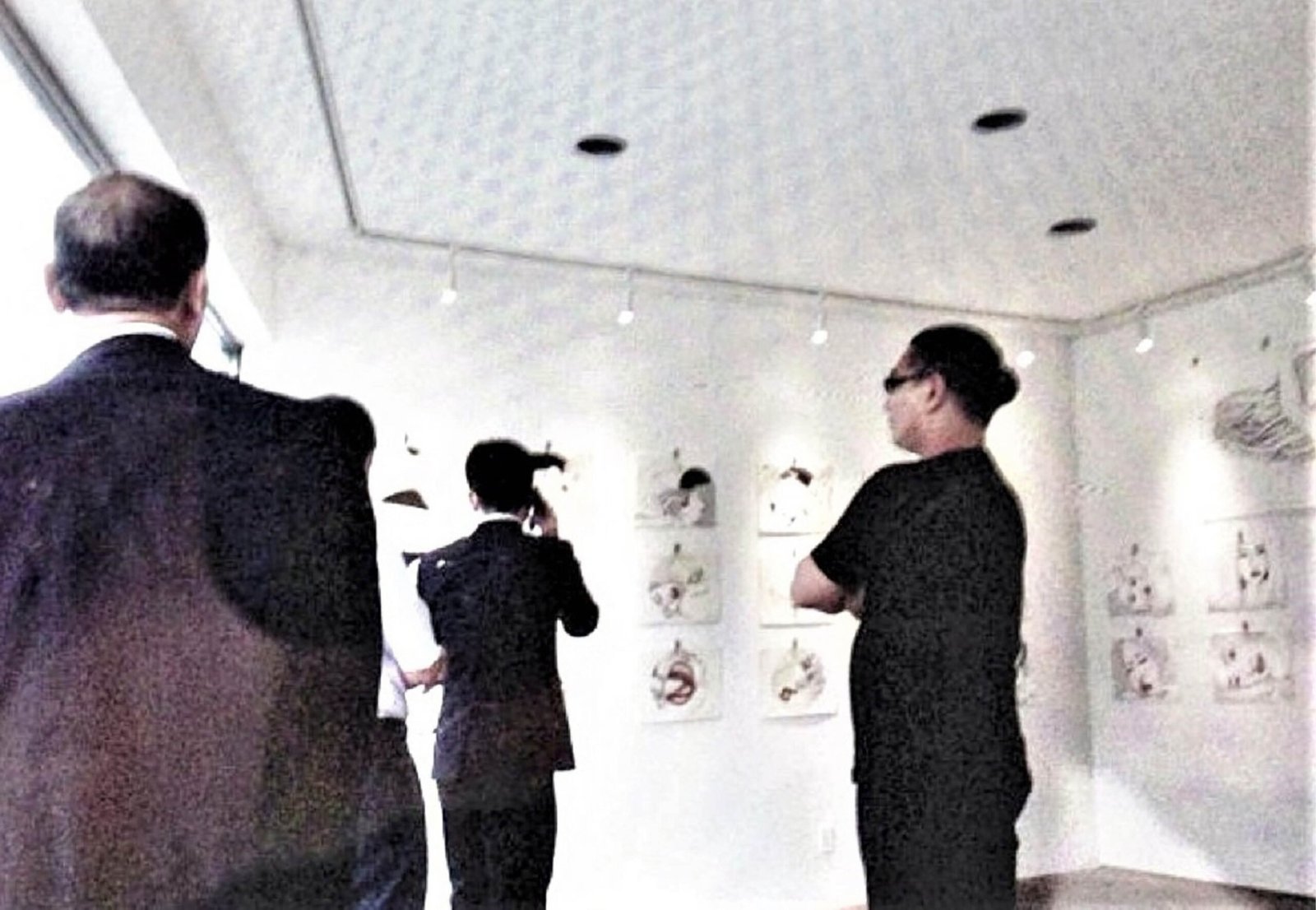

You’ve even gone as far as to regularly integrate literal bits of yourself (from blood to even semen) on your art pieces. What prompted this gesture? How does it ‘enhance’ your artwork?
It started when I cut my finger once accidentally and tried painting the blood on the canvas (this was in the early ’90s). I loved the color of it when it dried. I regularly get nurse and doctor friends to help me draw blood, which I store in my fridge, stored in vials with anti-coagulant to keep the blood fresh.
For the semen, it depends on my series’ concept. During the pandemic, I did a series with hidden messages in the artworks, you need a “blacklight” to read the hidden texts (as semen glows in the dark), this was used by the MI6/British spies as invisible inks during the First World War. Whatever bodily fluids I use for my artwork, I always seal them with matte varnish for proper hygiene.
I guess psychologically, I sacrifice a little of myself in every artwork I produce.
Why do you read?
There are so many reasons why I love to read. First of all, I am curious. I educate myself by reading anything that I can get my hands on. I am more inclined to read fiction novels rather than non-fiction. Second, it’s a great escape from stress. It allows me to be transported to another place, especially during this pandemic. Last but not least, I am a dreamer, and I love being mentally stimulated. I don’t know if this is a piece of good advice, but drunk reading for me is the best—I read faster when I’ve had a few drinks. My favorite place to read in Makati is a bar called 78-45-33. The staff even lent me a portable LED light to ease my reading. This must be all in my head, but I suspect they play non-lyrical jazz music for me to enjoy my book.
You are a voracious reader and regularly post quick takes on the books you devour in a day on your Instagram account. What inspired this love for reading, and how do you read so fast?
When I was young, I only appreciated action comics, and as a young adult I only read design/architectural magazines and books, then I evolved to autobiography books and it slowly progressed to fiction. I love reading because it allows me to experience various realities for a brief moment. Books release me from the limitations of my existence. It sounds like chronic escapism, but I guess it’s healthier than other ways. Reading makes me feel optimistically alive.
It seems like I am a fast reader, but I am not. It’s just good time management. I just carry around a paperback when I go around town, especially when commuting. You could read a lot when there’s heavy traffic, and also while I’m waiting for my paintings to dry. When I’m in an aircraft, I don’t watch movies; I read. You get the idea.
How do you decide which to read next? Do you have a list of books you want to read or go-to themes that inform what you want to read next?
Yes, I have a long roster of what to go over next. I get these charts from my beloved authors’ interviews, viewing their earlier influences or favorite novelists. You won’t go wrong with this strategy. Then you research these admired authors’ heroes’ novels next, and your lists will accumulate endlessly. Also, most of the time, their novels’ protagonists are bound to be reading something (in the story), so I’ll research that book mentioned before I put it on my lists.
I don’t particularly have a theme that I follow, but I do change the sexes or ethnicity of every writer I read. I get overwhelmed if I read three male-written novels consecutively. I feel I’ve wandered around the world this way. I just discovered recently that I enjoyed Jewish authors’ literature lately. The stories are not just engaging, but they compel me to see the world through more compassionate eyes and motivate me to be the best version of myself.
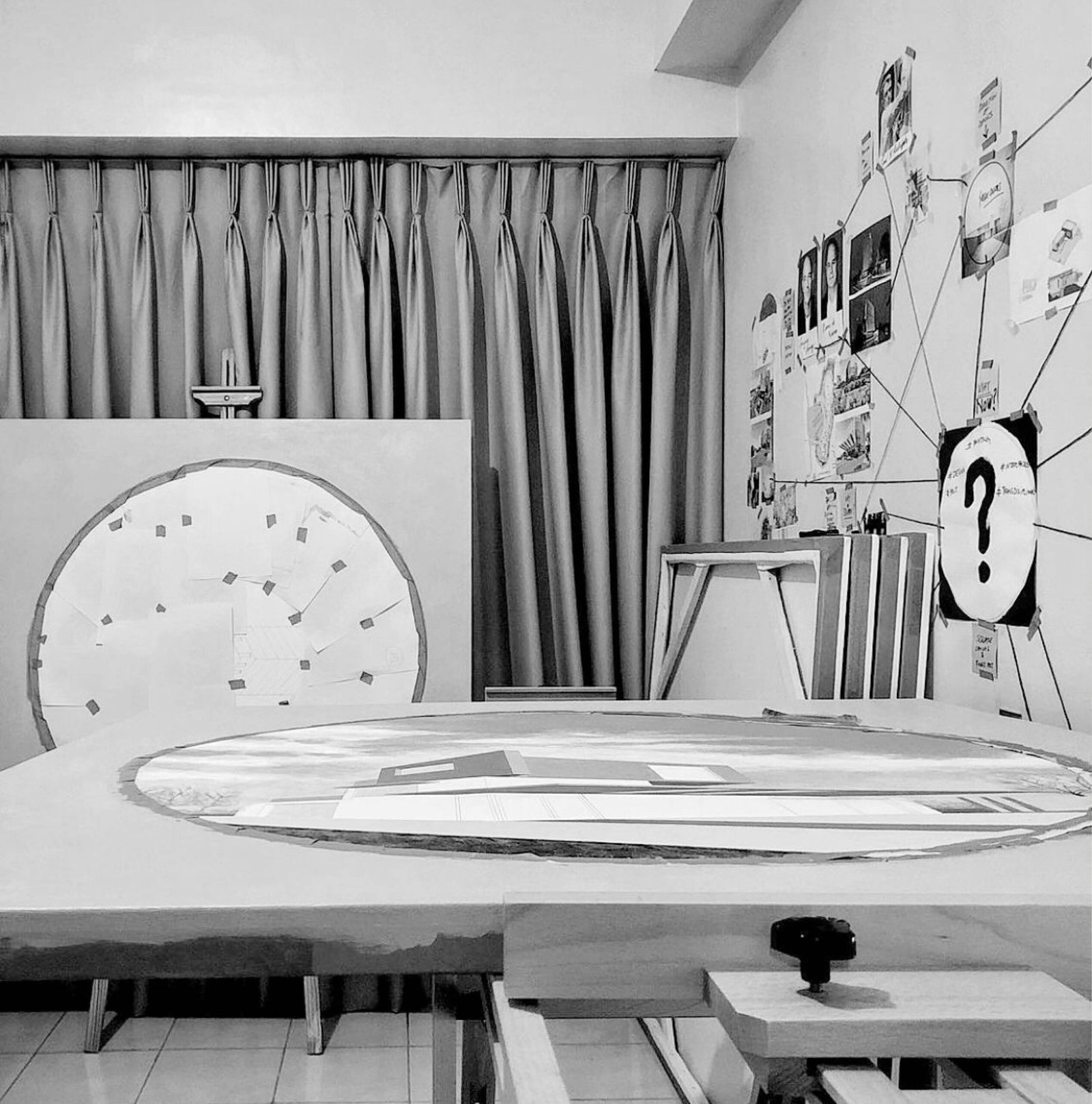

You have a particular affinity towards Japanese author Haruki Murakami’s works, which also inspired a few art pieces. Why does his work resonate with you? What qualities of a Murakami tale do you particularly enjoy?
In my opinion, several factors make Haruki Murakami one of the most appealing novelists. First, Murakami has excellent ingenuity; his intentions are common yet unusual, universal yet unique. He is skilled at composing everyday events and activities in a very gratifying way.
Secondly, he is skilled in creating a mystic aura that allows me to be submerged in the novel. Forgetting everything around me, I am transported into an alternate reality, a weird out-of-body experience without me knowing it.
Lastly, his schemes are intriguing but easy to believe. There are not too many characters, and the tale flows steadily, providing awe in a cumulative form. The portrayal of Japan is accessible to me.
My first Murakami novel was Colorless Tsukuru Tazaki and His Years of Pilgrimage in September 2016 and quickly became a Harukist, collected and read all his books.
My second favorite from Murakami is 1Q84, just a magical novel!
I was so thrilled to receive a signed copy of First Person Singular by Murakami. I just followed my gut and pre-ordered online to stand a chance to win it, and I did!
The National Library (in Singapore) is a regular haunt; however, can you tell us a bit about your library? How would you describe it and what sort of books and genres will we find there?
I am not sure how to define my library. Perhaps, eclectic? I don’t even reveal my collections; I hold them inside an operable ottoman, box, and coffee table.
The sort of books I collect are as follows:
Singapore literature: Simon Tay, Rachel Heng, Janice Tay, and Amanda Lee Koe.
British Literature: Olivia Laing, Ian McEwan (I made a series of art based on his novel Nutshell below).
American literature: Sylvia Plath, Nicole Krauss, Kate Hope Day, Joan Didion, David Sedaris, and Chuck Palahniuk.
Japanese Literature: Soetsu Yanagi, Hiromi Kawakami, Hiro Arikawa, Toshikazu Kawaguchi, Durian Sukegawa, Koji Suzuki, and Sayaka Murata.
Scientific Literature: Charles Darwin, Richard Dawkins, Lawrence M. Krauss, Yuval Noah Harari, Stephen Hawking, Atul Gawande, and Christopher Hitchens.
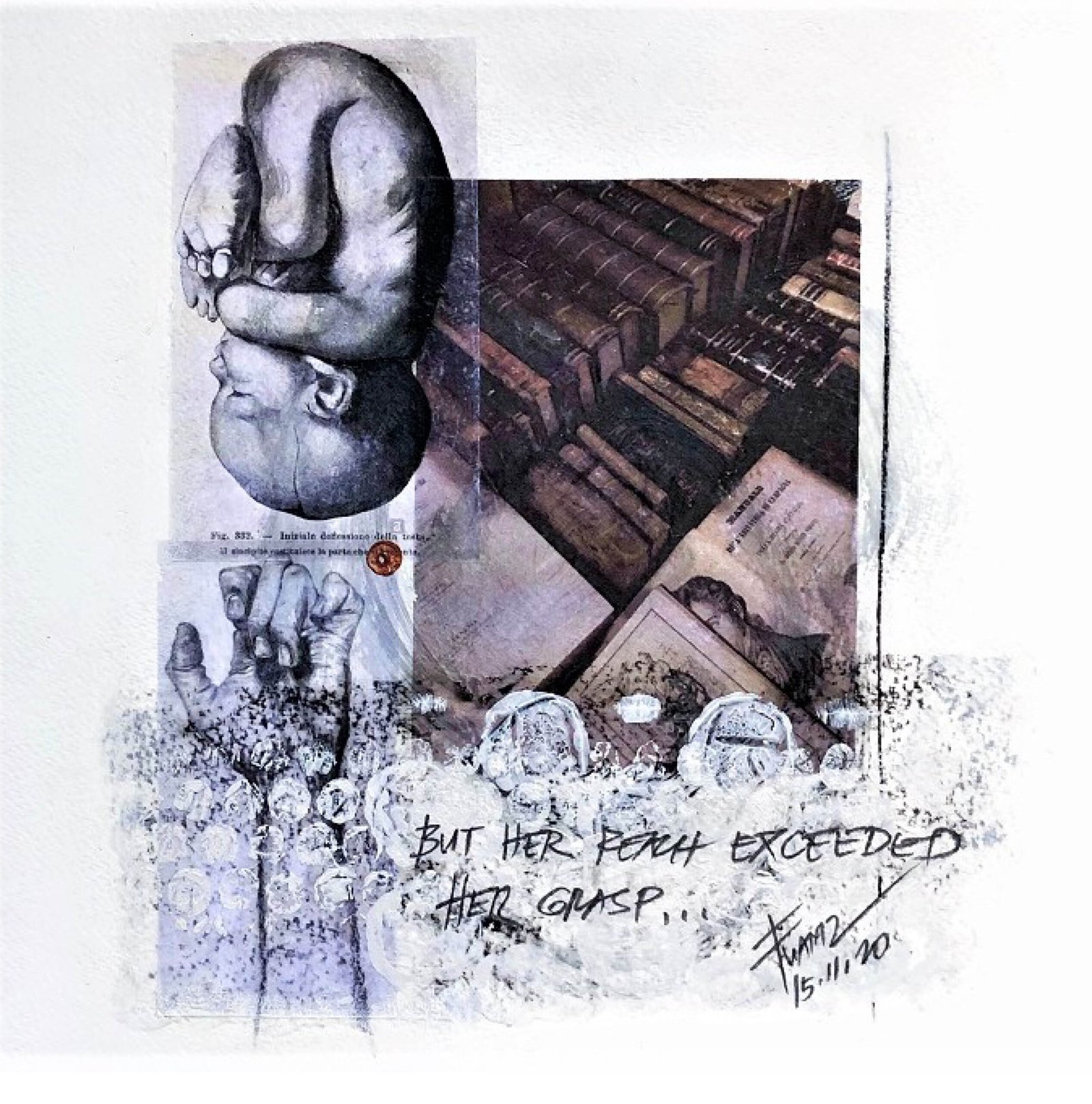


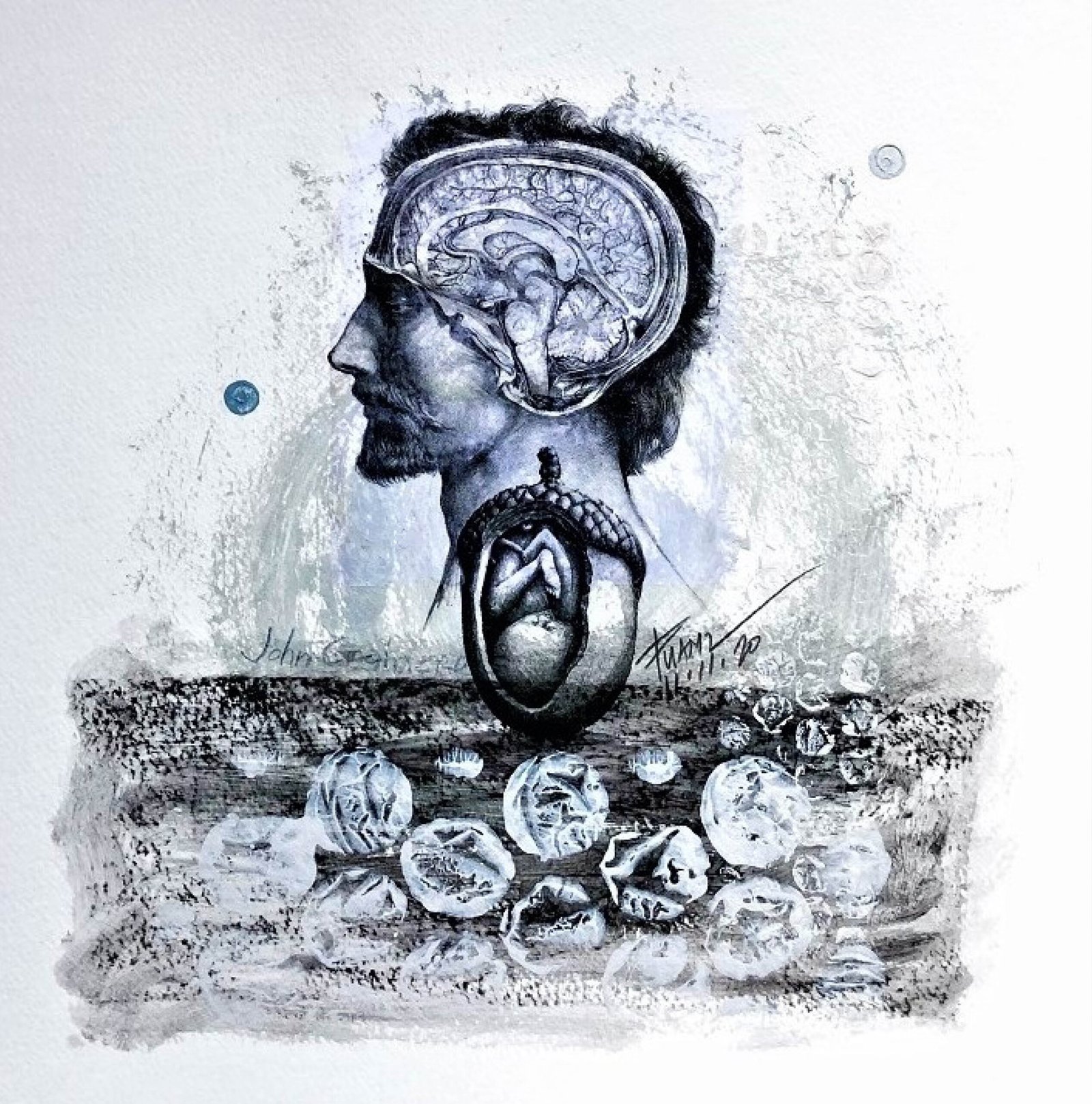
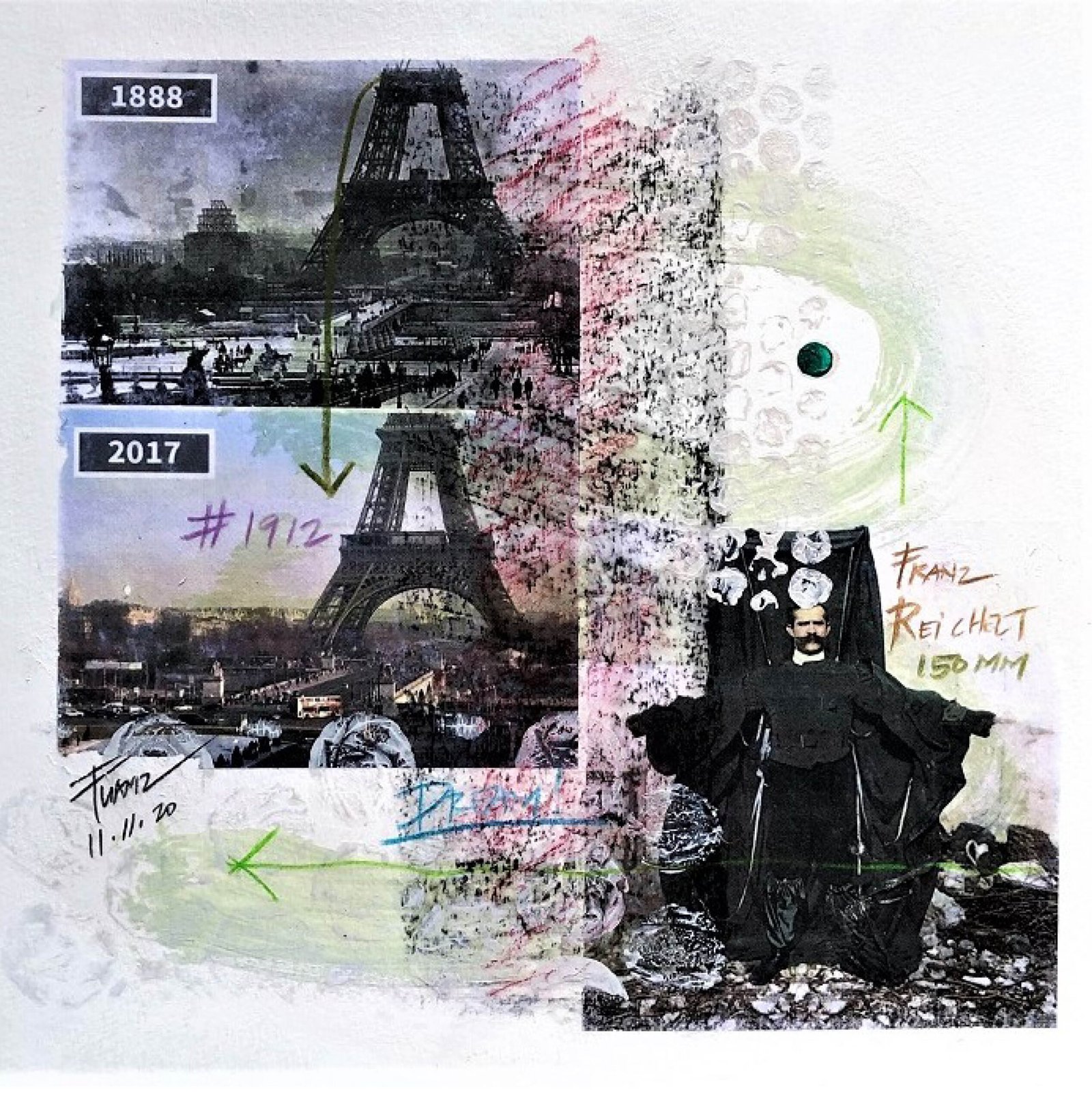

Have you DNF’d (did not finish) a book? What would make you stop?
I only have about five DNFs. One of them was Lolita, a 1955 novel by novelist Vladimir Nabokov. I could not finish it due to its controversial subject, pedophilia. It took me another three years before I picked it up again and completed it. I still did not like it.
There’s another one called How the Dead Live” by Will Self. I did an investigation on Self before I purchased this book and found out that he is an expert on Franz Kafka, who’s one of my favorite authors (Will Self’s Kafka Journey: A Prague Walking Tour on YouTube was well made). This novel was supposed to be darkly angelic prose, but I did not finish the book. Maybe I’ll continue in a few years. There are three more DNFs, but they are too awful to discuss.
What’s one book that’s left a major impression on you?
It has to be Donna Tartt’s The Goldfinch. I completed the novel in August 2018. It has 962 pages, but I wanted more of it when I completed it! The strange thing about Tartt is she only publishes a novel every decade. This is only her third novel. I reckon good things must wait. The novel is a coming-of-age tale told in the first person. The protagonist, 13-year-old Theodore Decker, survives a terrorist bombing at an art museum where his mother is killed. While staggering through the debris, he takes with him a small Dutch Golden Age painting called ‘The Goldfinch.’ The Novel is still better than the movie (I watched it twice, it’s on Netflix now), I must say.
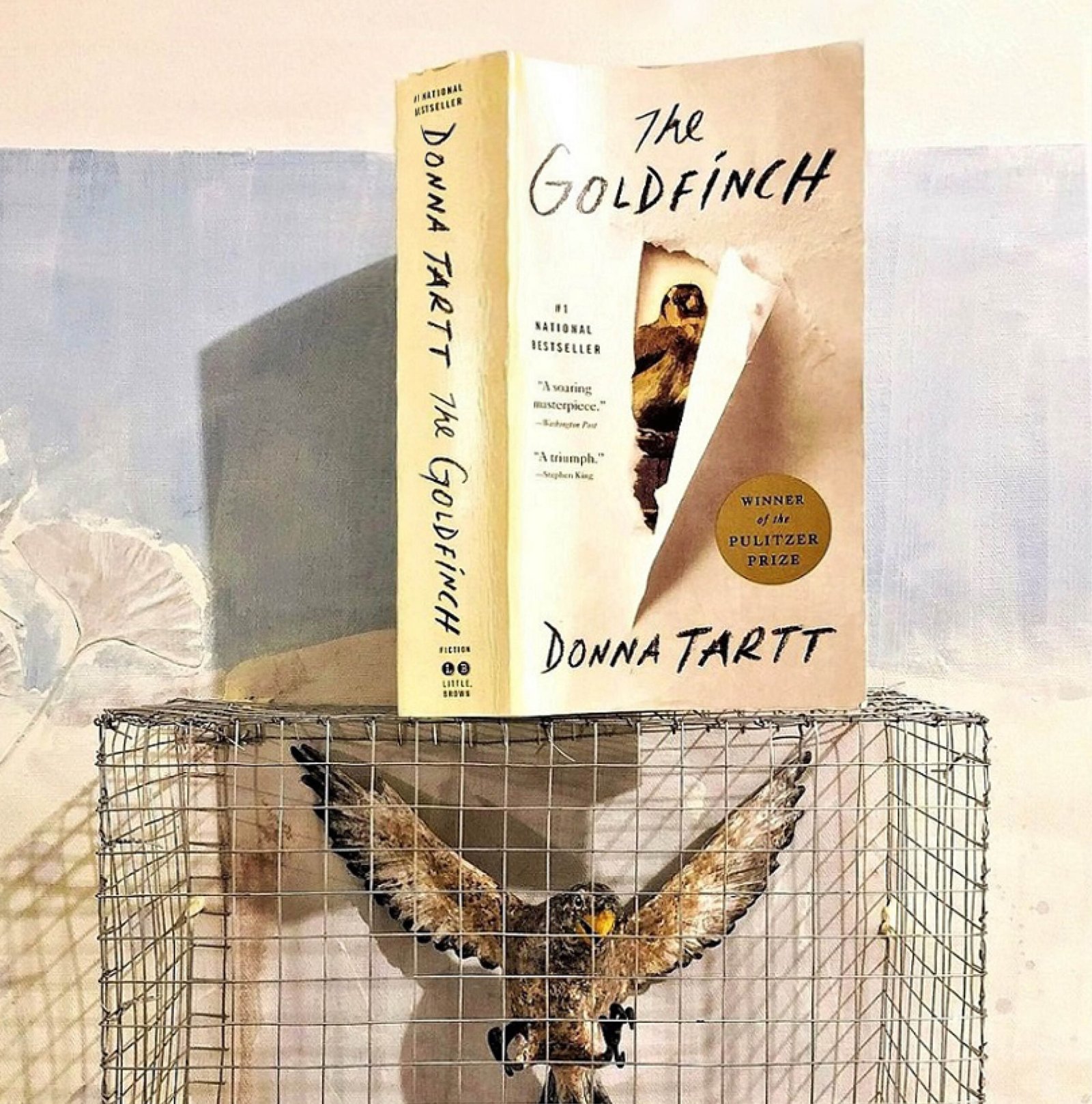

Why should we all read more, especially now?
Reading enables you to understand new things that can help you succeed in your endeavors and relationships. Reading is also good for you because it enhances your focus, remembering, empathy, and communication skills. It can reduce stress, improve your mental health, and help you live lengthier and happier. •
